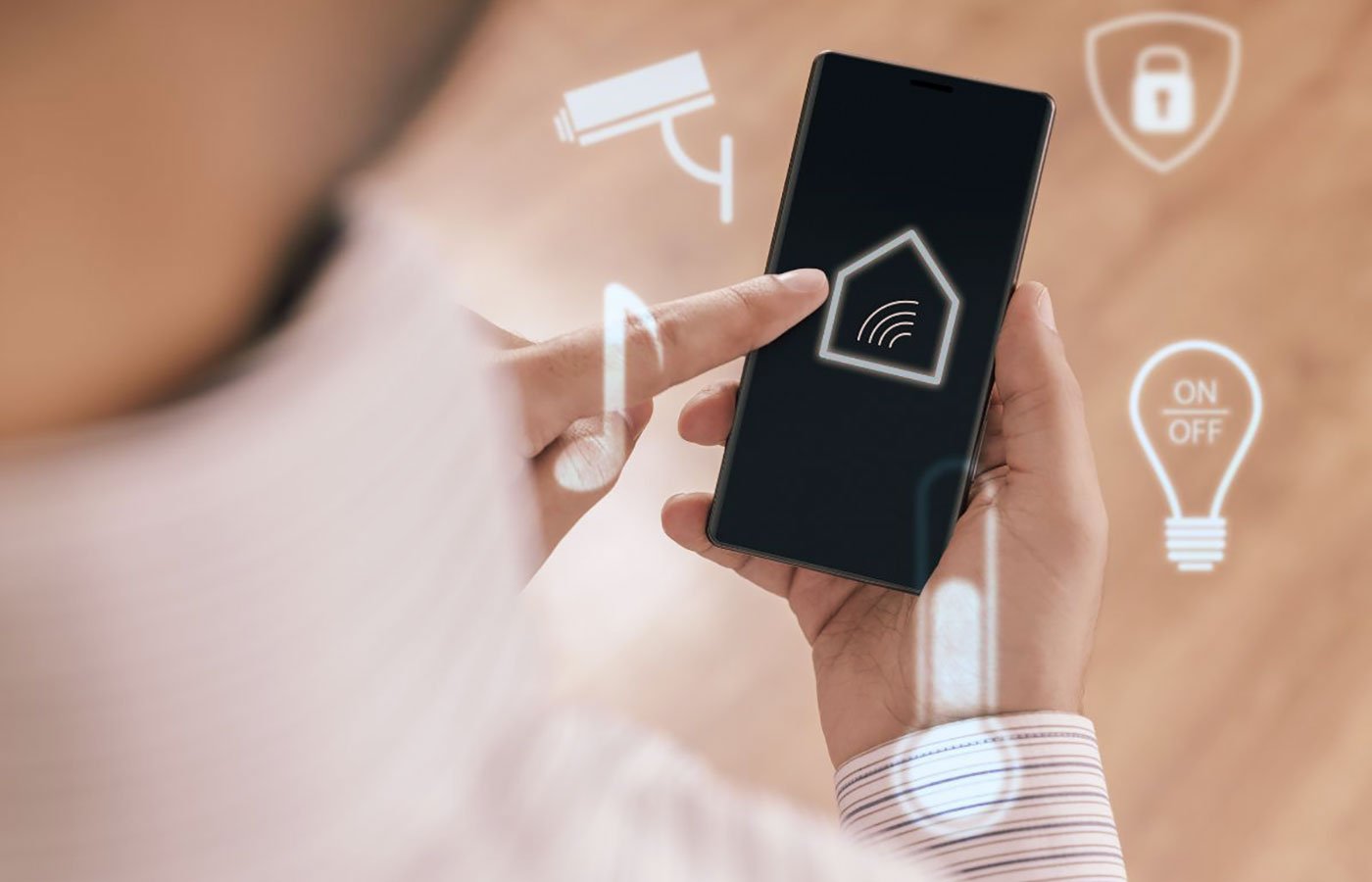Smart Home Technology in Modern Real Estate
With increased security and energy efficiency, smart home technology is becoming increasingly desirable for home buyers and sellers.

In the ever-evolving real estate landscape, smart home technology plays a pivotal role in shaping how properties are marketed, sold, and experienced. Among the myriad of innovations, smart home technology stands out as a transformative force, revolutionizing the concept of modern living. From increased convenience to enhanced security and energy efficiency, smart home features are becoming increasingly desirable for buyers and sellers alike.
Enhanced Living Experience
One of the most significant impacts of smart home technology on modern real estate is its ability to elevate the overall living experience. Imagine arriving home to find your lights automatically turned on, your favourite music playing softly in the background, and the thermostat set to the perfect temperature - all without lifting a finger. These conveniences enhance comfort and add a touch of luxury that appeals to discerning buyers.
Moreover, smart home devices offer tangible benefits in terms of security and safety. From smart locks and doorbell cameras to motion sensors and alarm systems, homeowners can remotely monitor and control their property's security anywhere in the world. This added layer of protection provides peace of mind. It may lower insurance premiums, making smart homes an attractive investment for security-conscious buyers.
Energy Efficiency
Energy efficiency is another crucial consideration driving the adoption of smart home technology in real estate with smart thermostats, lighting systems, and appliances. Homeowners can optimize energy usage, reduce utility bills, and minimize their environmental footprint. These eco-friendly features appeal to environmentally conscious buyers and contribute to long-term cost savings, making them a wise investment for savvy homeowners.
In addition to enhancing comfort, security, and energy efficiency, smart home technology significantly impacts property values. Homes with smart features tend to command higher prices and sell faster than their traditional counterparts. According to studies, properties with smart home technology can fetch higher premiums compared to similar homes without such features. As the demand for smart homes continues to rise, investing in these technologies can significantly increase the resale value of a property. For potential buyers who are looking to stay modern, these additions are clear proof of modernity.
Virtual Home Marketing
Furthermore, smart technology is reshaping how real estate is marketed and sold. From virtual tours and interactive floor plans to smart home demonstrations, agents innovatively leverage technology to showcase properties. Buyers can now explore homes remotely, envisioning themselves living in the space and experiencing its innovative features firsthand. This digital transformation not only expands the reach of real estate listings but also enhances the overall buying experience for prospective homeowners.
What Do Detractors Say?
Despite the numerous benefits, the widespread adoption of smart home technology in real estate is not without its challenges. Concerns about data privacy, interoperability issues, and the rapid pace of technological advancements can present hurdles for homeowners and industry professionals. Moreover, the upfront costs associated with installing smart devices may deter some homeowners from embracing these innovations.
Smart home technology is revolutionizing the real estate industry, offering many benefits for homeowners, buyers, and sellers alike. The impact of smart home features cannot be overstated, from convenience and security to energy efficiency and increased property values. As the demand for connected living continues to grow, embracing smart home technology is not just a trend but a wise investment in the future of real estate. By staying abreast of the latest innovations and leveraging technology to enhance the buying and selling process, real estate professionals can position themselves for success in an increasingly digital world.
Published courtesy of Royal LePage® Benchmark on May 10th, 2024
